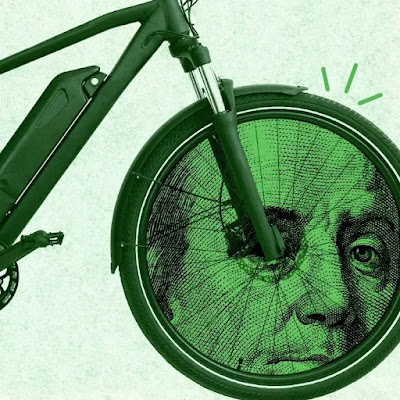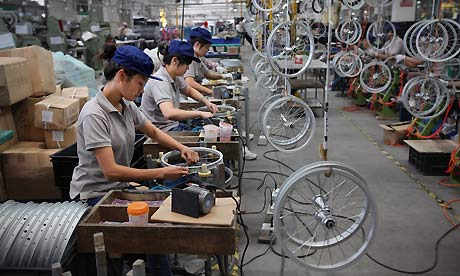I am no economist. So, take what I am about to say for what it’s worth: I have had the sense that Trump’s tariffs would not have the effect he claimed. In fact, in one instance, however small, it’s having the opposite effect.
If the US economy is an ocean, its bicycle industry might be a minnow: As I mentioned in my previous post, very few bikes and almost no accessories or parts are made here. Among the few bikes made here are custom frames and a relatively small number of top-of-the line machines like those of Specialized’s S-Works line.
But even those bikes are made almost entirely of imported parts. The same is true for the few mass-market bikes assembled on these shores—which, until recently, included offerings from Kent.
Most serious riders (who include, I confess, yours truly) turn up their noses at such bikes. But I would bet that more Kents are purchased in a day than élite machines are sold in a year. And Kent was one of the few companies that continued to assemble their wares in this country—in South Carolina, to be exact—as the rest of the bike industry outsourced its production.
Note my use of the past tense. In June, the company laid off most of its employees. Now it’s auctioning its tools and machinery—including several Park Tool wheelbuilding stands and work stands and Holland Mechanics wheel-truing machines.
Why? According to a company spokesperson, assembling bikes in the US is “no longer feasible” because—wait for it—Trump’s tariffs have made it too expensive to import the necessary parts.
Of course, Kent is unlikely to be the only bike-related company, and the US bicycle industry the only enterprise, to be adversely affected by the global trade war the Fake Tan Fũhrer has sparked. But I have to wonder whether Trump (or more likely, his donors) knew that tariffs would decimate US industries and thus bring American workers to their knees while claiming that “the most beautiful word” would Make America Great Again—if indeed it, or any other nation, ever was.





